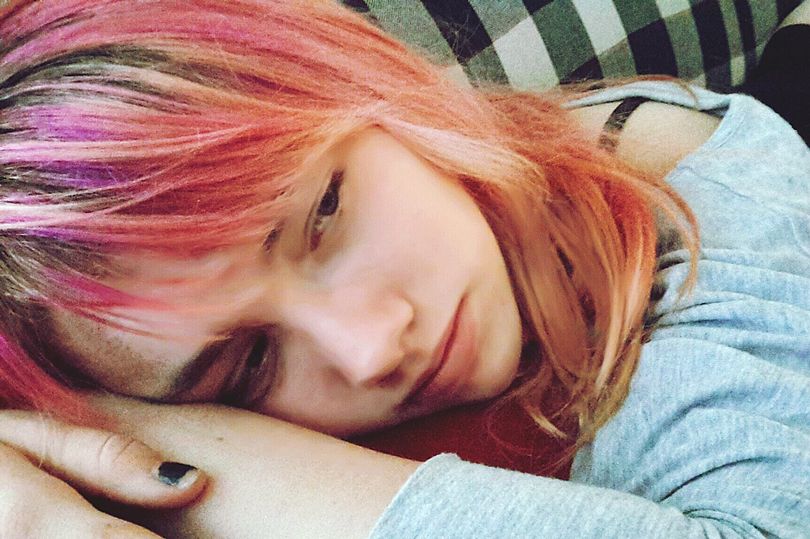A few people responded to lockdown positively, it simplifies life. There are fewer options so there are fewer decisions to be made.
But that kind of reaction presupposes you don’t mind your own company, rarely feel lonely and aren’t short of a few bob. At the other end of the scale is fear, shortage of money, loneliness and isolation.
Turns out some of the worst affected are the younger generation.
Some young people have been badly hit by the pandemic. Anxiety levels have doubled so that now almost a quarter of them are anxious.
The shocking finding from a Bristol University survey found young people are more anxious than their parents.
With decades of data about Bristol children from studies such as The Children of the 90s, who’ve been monitored since then, researchers could see the impact of the pandemic and lockdown on mental health in different generations and age groups.
The first Covid-19 questionnaire (from April 9 to May 15), sought information from 7,000 “Children of the 90s” about their Covid-19 symptoms, mental health and lifestyle, both before and during lockdown.
Details about participants’ work, finances and lifestyle are being gathered from a second questionnaire to give a picture of their and their children’s physical and mental health.
So far the research has revealed that certain groups of people are at greater risk of increased anxiety and/or depression during Covid-19. These are women, people with pre-existing mental and physical health conditions, people living alone, those self-isolating and those with financial problems.
Co-lead researcher Alex Kwong, senior research associate at Bristol University, said: “This rise in anxiety leads to more questions we will seek to answer in the second Children of the 90s questionnaire.
“Getting a good response to this is so important to give researchers a clearer picture of the factors behind a rise in anxiety – whether it’s a fear of the virus itself, or the financial difficulties or social isolation it may have caused.”
Co-lead researcher Rebecca Pearson, senior lecturer in psychiatric epidemiology at Bristol University, said: “The findings suggest that there is a need to protect mental health at this time, especially managing anxiety, and to support mental health services.
“The findings also provide evidence for supporting specific groups at greater mental health risk, such as those living alone.
“This supports policy changes such as the introduction of ‘supportive bubbles’ for single adults that could be beneficial to mental health. But we need to understand the role of social isolation better and further provision for those most isolated may be needed.”

